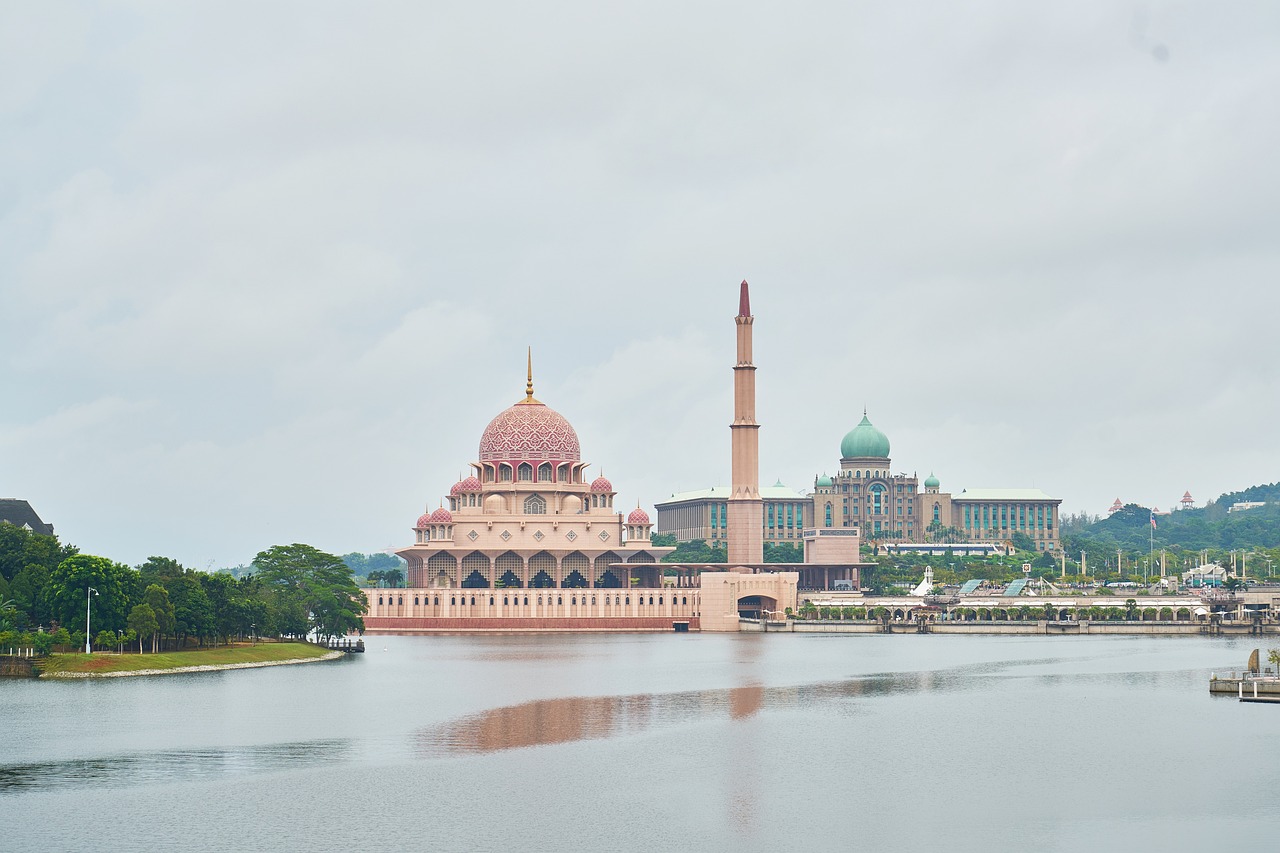Malaysian Education
Explore educational opportunities in Malaysia
Capital
Kuala Lumpur
Population
33.2 Mn
Languages
Malay, English
International Students
131,000+
GDP
RM 1.54 Trillion
Dialing Code
+60
Currency
Ringgit (RM)
Universities
123
Why Study in Malaysia?
Study in Malaysia offers international and Pakistani students a unique blend of high-quality education and cultural diversity. With a strong emphasis on higher education in Malaysia, the country has positioned itself as an emerging education hub in Southeast Asia, attracting students from over 100 countries worldwide. Malaysian universities provide internationally recognized qualifications with a strong focus on practical, industry-relevant skills. Many institutions offer twinning programs and collaborations with prestigious universities from the UK, Australia, and the US—allowing students to earn foreign degrees at a fraction of the cost of studying abroad in Malaysia.
Benefits of Malaysian Education
- • Affordable tuition fees and low cost of living
- • English as medium of instruction in most programs
- • Multicultural environment with diverse student population
- • Strong focus on STEM, business, and Islamic finance education
- • Strategic location within Southeast Asia for travel and opportunities
Top Universities
Universiti Malaya (UM)
27,120 students
Universiti Putra Malaysia (UPM)
30,000 students
Universiti Sains Malaysia (USM)
25,300 students
Universiti Kebangsaan Malaysia
23,500 students
Universiti Teknologi Malaysia
22,700 students
Malaysian Education System
Bachelor's Degree
3-4 years (depending on major)
Master's Degree
1-2 years (coursework/research)
Doctoral Degree (PhD)
3-5 years
Admission Requirements for Malaysia Study Abroad
Here are the major requirements to study in Malaysia, especially for Pakistani students looking to pursue higher education in Malaysia.
Admission Timeline
Key information for Malaysian university admissions
How to Apply
Apply through Uni Admire's Malaysia study abroad service. Our consultants will handle your applications via university portals or Education Malaysia Global Services (EMGS), ensuring all requirements are met for a smooth admission process.
Key Dates
January-February
Applications open for July/September intake
May-June
Application deadlines for July/September intake
July-August
Orientation and semester starts
Admission Success Rates
Note: Success rates in Malaysia vary based on the program's competitiveness, academic qualifications, and English proficiency. Medical, pharmacy, and dentistry programs typically have the most selective admission processes.
Cost Estimate
Requirements
- Valid passport
- English proficiency (IELTS/TOEFL)
- High school certificate with transcripts
- Passport-sized photographs
- Health declaration form
Popular Programs
Popular Universities
Post Admission Experience
Visa for Malaysia
Student Pass
Type: StudyRequired for all international students. Valid for duration of study and essential in the step-by-step guide to study in Malaysia from Pakistan
Weather in Malaysia
Cost Of Living in Malaysia
The cost of studying in Malaysia is one of its biggest advantages. Affordable tuition and everyday expenses make it one of the cheapest universities in Malaysia for international students destinations.
Monthly Living Expenses in Malaysia
Rent
RM 600 – RM 1,500
Food
RM 300 – RM 600
Transport
RM 100 – RM 150
Miscellaneous
RM 200 – RM 400
Work While Studying in Malaysia
Malaysia offers a unique chance to balance your studies with work experience. Living in Malaysia for international students also provides access to job markets during holidays and breaks.
Understanding the Malaysian work regulations, permitted job sectors, and regional salary differences will help you make informed decisions about your part-time work options while studying.
Work Regulations for International Students
Malaysia allows international students to work part-time with specific restrictions to ensure studies remain the primary focus:
Student Pass Holders
20 hours per week
During semester breaks and holidays only
On-Campus Jobs
No hour limits
Research and teaching assistantships within your institution
Graduate Students
Varies by program
Research scholarships may include teaching/research duties
Important Notes
Work regulations in Malaysia have specific considerations for international students:
- You can only work during semester breaks/holidays (not during regular term time)
- Limited to specific sectors: restaurants, petrol stations, mini markets, and hotels
- Must obtain written approval from your educational institution first
- Need to maintain satisfactory academic progress to keep work privileges
- On-campus work is generally more accessible and has fewer restrictions
Frequently Asked Questions
Everything you need to know about studying in Malaysia. Our comprehensive guide to help you prepare for your educational journey.
Malaysia offers affordable education compared to many Western countries. Tuition fees at public universities typically range from RM15,000-RM25,000 (US$3,500-$6,000) per year for international students. Private universities and international branch campuses are higher at RM30,000-RM75,000 (US$7,000-$18,000) annually. Living expenses range from RM1,200-RM2,500 (US$300-$600) per month depending on the city, with Kuala Lumpur being the most expensive.
Yes. Most programs, especially for study abroad in Malaysia, are in English. IELTS/TOEFL is usually required.
Yes, up to 20 hours/week during semester breaks. On-campus work allowed all year
Completed education (FSC/Bachelor’s), academic transcripts, IELTS/TOEFL, passport, and visa via EMGS.
Top picks: UM, UPM, USM, UKM, and Monash Malaysia. Strong in Engineering, Business, and Islamic Finance. Definitely among the best universities in Malaysia.
Apply through EMGS with required documents. Processing takes 4–8 weeks. eVAL and Student Pass required.
Yes, including fully funded scholarships in Malaysia for Pakistani students 2025 and MIS for postgraduates.
Students in Malaysia can choose from university dormitories (RM300-RM800/month), private apartments (RM800-RM2,000/month), shared housing (RM400-RM700/month per person), or homestays with local families. Most universities provide on-campus accommodation for first-year students, while private condominiums and apartments are popular among seniors. Purpose-built student accommodations are increasingly available near major universities, offering modern facilities with all-inclusive monthly rates.
